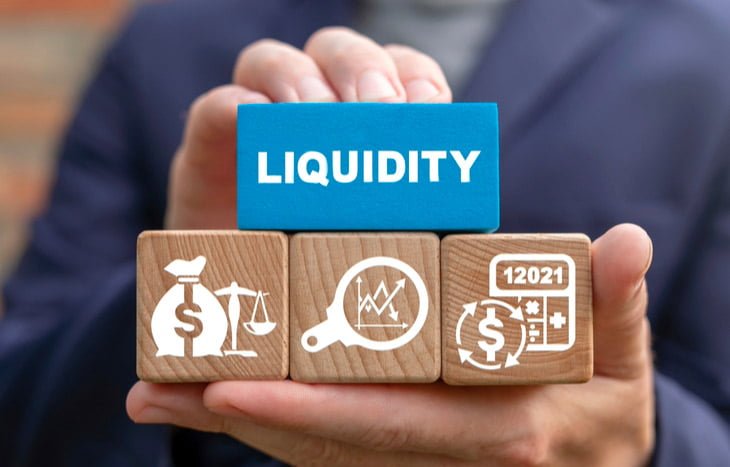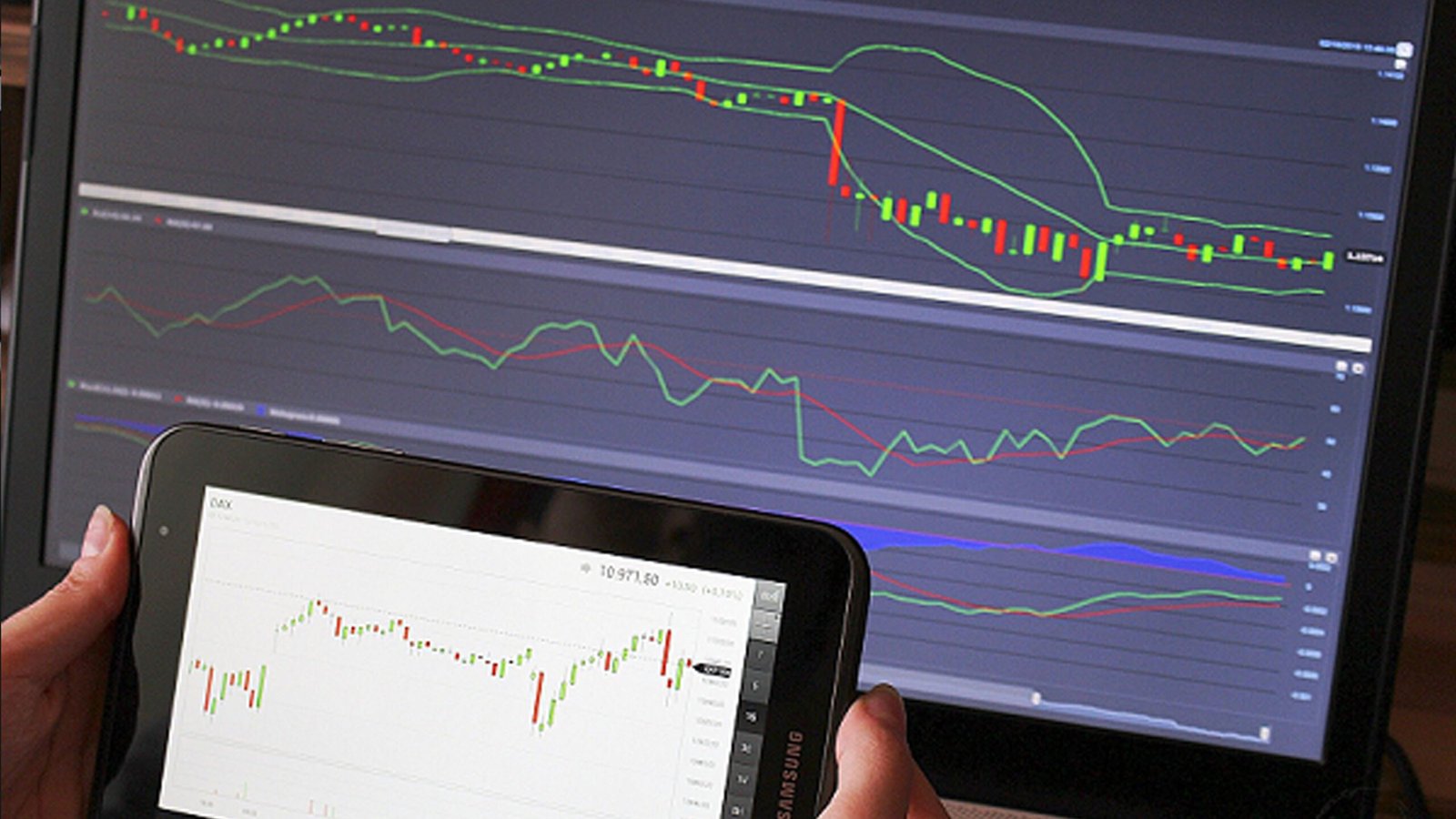What Is Liquidity?

What Is Liquidity?
Liquidity refers back to the performance or ease with which an asset or safety may be transformed into equipped coins without affecting its marketplace rate. The maximum liquid asset of all coins itself.
KEY TAKEAWAYS
Liquidity refers to the convenience with which an asset, or safety, may be transformed into equipped coins without affecting its marketplace rate.
Cash is the maximum liquid of assets, at the same time as tangible objects are much less liquid.
The fundamental sorts of liquidity encompass marketplace liquidity and accounting liquidity. Current, quick, and coins ratios are the maximum normally used to degree liquidity.

Understanding Liquidity
In different words, liquidity describes the diploma to which an asset may be quickly sold or offered withinside the marketplace at a rate reflecting its intrinsic value. Cash is universally taken into consideration as the maximum liquid asset due to the fact it may maximum quickly and without problems be transformed into different assets.
Tangible assets, consisting of actual estate, first-rate art, and collectibles, are all pretty illiquid. Other monetary assets, starting from equities to partnership units, fall at diverse locations on the liquidity spectrum.

Market Liquidity
Market liquidity refers back to the quantity to which a marketplace, which includes a country's inventory marketplace or a city's actual property marketplace, permits the property to be offered and offered at stable, obvious costs. In the instance above, the marketplace for fridges in change for uncommon books is so illiquid that it does now no longer exist. The inventory marketplace, on the opposite hand, is characterised via way of means of better marketplace liquidity. If a change has an excessive extent of change that isn't ruled via way of means of selling, the charge a purchaser gives in line with the share (the bid charge) and the charge the vendor is inclined to accept (the asking charge) might be pretty near every different. Investors, then, will now no longer surrender unrealized profits for a fast sale. When the unfold among the bid and ask costs grows, the marketplace will become extra illiquid. Markets for the actual property are typically ways much less liquid than inventory markets. The liquidity of markets for different properties, which include derivatives, contracts, currencies, or commodities, regularly relies upon their size, and what number of open exchanges exist for them to be traded on.
Accounting Liquidity
Accounting liquidity measures the convenience with which a character or organisation can meet their monetary responsibilities with the liquid property to be had to them—the cap potential to repay money owed as they arrive due.
In the instance above, the uncommon ee-e book collector’s property is pretty illiquid and could now no longer be well worth their complete price of $1,000 in a pinch. In funding terms, assessing accounting liquidity approach evaluating the liquid property to modern liabilities, or monetary responsibilities that come due within one year.
There are some ratios that degree accounting liquidity, which ranges in how strictly they define “liquid property.” Analysts and traders use those to pick out groups with sturdy liquidity. It is likewise taken into consideration a degree of depth.





